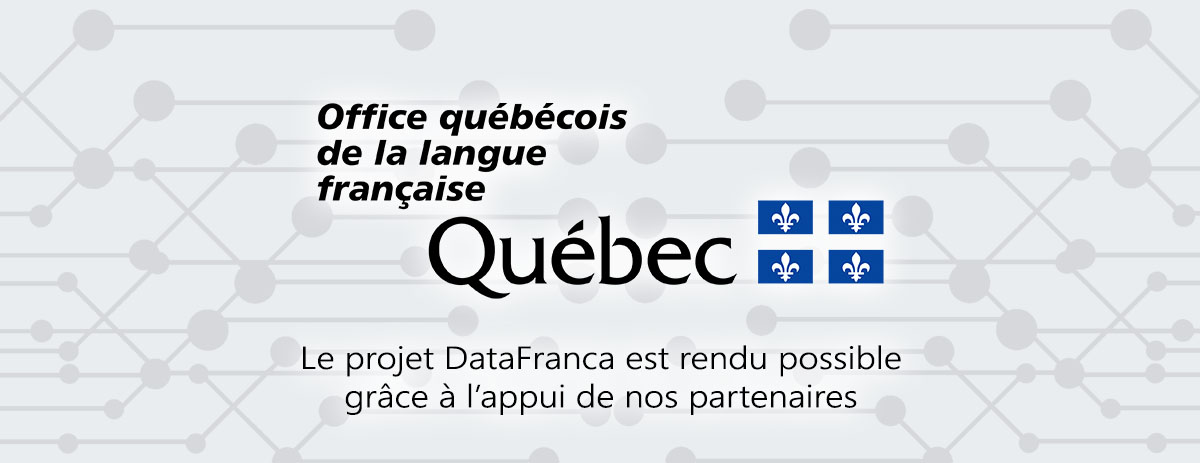« Conception de mécanismes d'incitation » : différence entre les versions
Aucun résumé des modifications Balise : Éditeur de wikicode 2017 |
(Nouveau terme) Balise : Éditeur de wikicode 2017 |
||
| Ligne 4 : | Ligne 4 : | ||
== Définition == | == Définition == | ||
En théorie des jeux, en économie et en intelligence artificielle, | En théorie des jeux, en économie et en intelligence artificielle, la conception de mécanismes d'incitation cherche à concevoir des incitations économiques orientées vers les objectifs souhaités dans un monde où les acteurs agissent de manière rationnelle. On l'appelle parfois la théorie des jeux inversée. | ||
== Français == | == Français == | ||
conception de mécanismes d'incitation | <h3> | ||
conception de | <poll> | ||
Choisissez parmi ces termes proposés : | |||
conception de fonctions de choix social | |||
conception de mécanismes d'incitation | |||
conception de mécanismes de responsabilisation | |||
terme 3 | |||
</poll> | |||
</h3> | |||
<h3>Discussion:</h3> Pour le moment, le terme privilégié est «conception de mécanismes d'incitation». <br> | |||
== Anglais == | == Anglais == | ||
Version du 7 mai 2019 à 18:27
Domaine
Définition
En théorie des jeux, en économie et en intelligence artificielle, la conception de mécanismes d'incitation cherche à concevoir des incitations économiques orientées vers les objectifs souhaités dans un monde où les acteurs agissent de manière rationnelle. On l'appelle parfois la théorie des jeux inversée.
Français
<poll> Choisissez parmi ces termes proposés : conception de fonctions de choix social conception de mécanismes d'incitation conception de mécanismes de responsabilisation terme 3 </poll>
Discussion:
Pour le moment, le terme privilégié est «conception de mécanismes d'incitation».
Anglais
Mechanism design
Mechanism design is a field in economics and game theory that takes an engineering approach to designing economic mechanisms or incentives, toward desired objectives, in strategic settings, where players act rationally. Because it starts at the end of the game, then goes backwards, it is also called reverse game theory. It has broad applications, from economics and politics (markets, auctions, voting procedures) to networked-systems (internet interdomain routing, sponsored search auctions).
Mechanism design studies solution concepts for a class of private-information games. Leonid Hurwicz explains that 'in a design problem, the goal function is the main "given", while the mechanism is the unknown. Therefore, the design problem is the "inverse" of traditional economic theory, which is typically devoted to the analysis of the performance of a given mechanism.[1] So, two distinguishing features of these games are:
that a game "designer" chooses the game structure rather than inheriting one that the designer is interested in the game's outcome

Contributeurs: Claude Coulombe, Jacques Barolet, wiki






